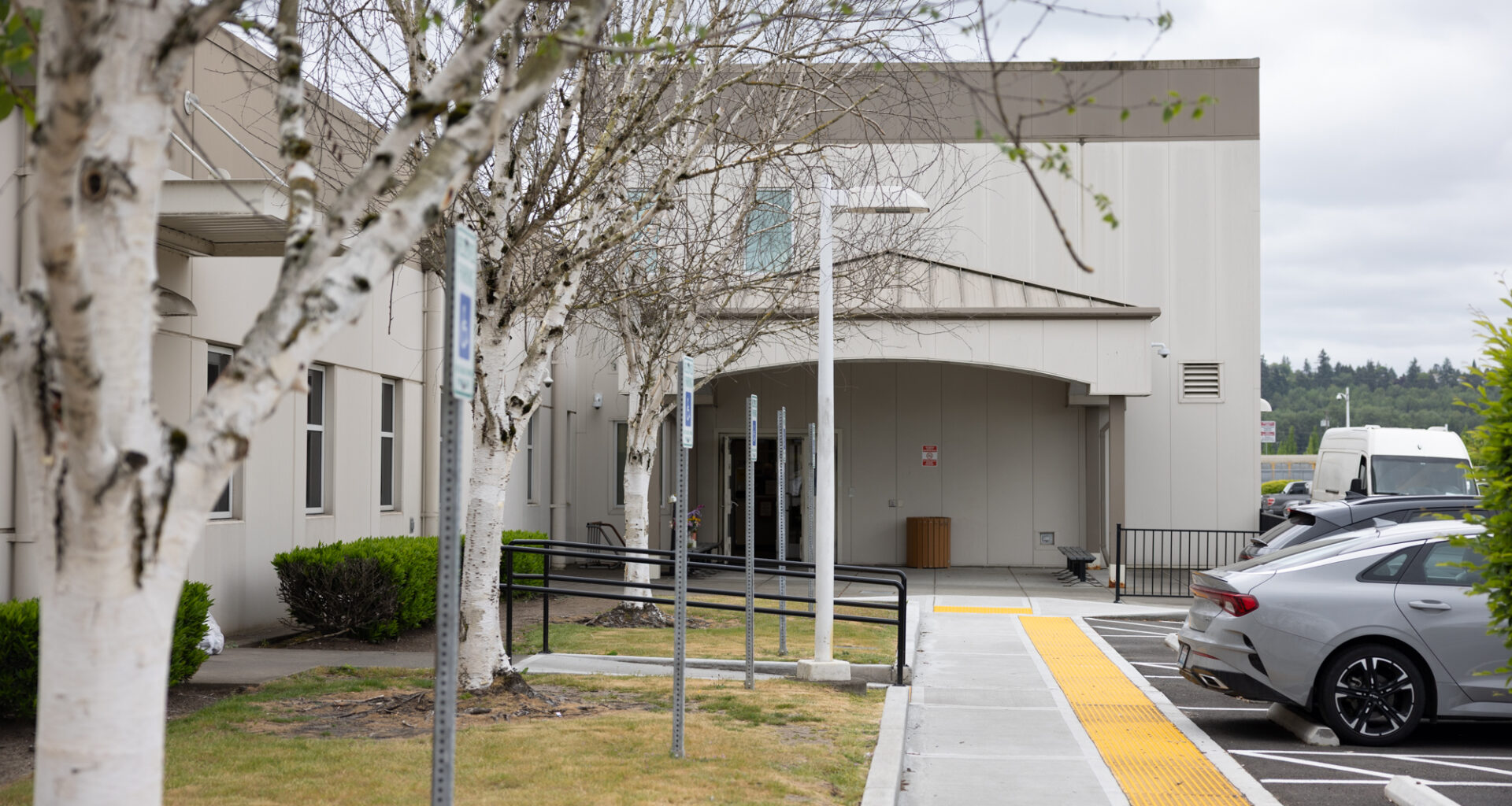Immigrants in the United States “without admission” cannot be granted bond by a judge, a federal immigration board ruled in the case of a Whatcom County resident, currently detained.
That means up to millions of people will have to wait in detention for potentially prolonged periods as they face deportation proceedings. The Board of Immigration Appeals published the decision, which applies nationwide, on Friday, Sept. 5.
Gabriel Harrison, lawyer for the detained resident, said the ruling was a major departure from decades of precedent.
Previously, he said, those who had entered without authorization but “established a life” for themselves in the U.S. could get released on bond based on whether a judge thought they were “a flight risk or a danger to society.”
Aaron Korthuis, attorney at the Northwest Immigrant Rights Project, agreed. Until recently, the law was long interpreted to allow people who entered the U.S. without inspection and weren’t initially apprehended to have bond hearings, he said.
Immigration judges must comply with the appellate board’s ruling unless it is overturned by the Attorney General or a federal court.
In an email, Department of Homeland Security spokesperson Tricia McLaughlin wrote the decision was a “[b]ig win for our [U.S. Immigration and Customs Enforcement] attorneys securing our ability to detain illegal aliens until they are deported.”
She added, “The One Big Beautiful Bill includes significant funding for new ICE lawyers.”
The Trump Administration announced in July that immigrants who entered the country without authorization would have to wait in detention for their deportation case to be resolved. The recent immigration board decision upheld the administration’s stance.
Korthuis noted that because so few people are currently entering the U.S., those impacted by the policy are often those who have lived in the country for years — even decades.
“They have U.S. citizen children, maybe even U.S. citizen spouses or family members, and have worked for years or decades in our agriculture or construction industries,” he said, “and simply are people whose home and identity is here in the United States.”
He added that judges in Tacoma Immigration Court have interpreted the law this way for the past couple years, “out of sync with literally the rest of the country.”
Korthuis and other attorneys at the Northwest Immigrant Rights Project have two pending class action lawsuits filed earlier this year, challenging the policy on behalf of those detained in Washington and on behalf of those who entered the U.S. without inspection nationwide.
In the nationwide lawsuit, the Northwest Immigrants Rights Project is suing with lawyers from the American Civil Liberties Union. Suing the government in federal court is “the only means for relief for people at this point,” Korthuis said.
The Tacoma Immigration Court’s website directs media inquiries to the Executive Office for Immigration Review, an agency of the federal Department of Justice.
In an email, Executive Office for Immigration Review spokesperson Kathryn Mattingly wrote, “Immigration judges adjudicate all matters before them on a case-by-case basis.”
“Immigration judges consider all evidence and arguments presented by both parties and decide each case in a manner that is timely, impartial, and consistent with applicable law, regulations, and case precedent, and consistent with due process,” she continued.
She declined to comment on the recent immigration board decision, writing that “the decision speaks for itself.”
Harrison said the immigration board’s ruling “will affect every single person that comes to us now” who entered without inspection and is detained. He expects many people to give up on their case instead of appealing if they lose initially, rather than wait in detention for potentially years.
Korthuis thinks so, too. Detention, he said, is likely the “single most effective means to force people to leave the country.”
Sophia Gates covers rural Whatcom and Skagit counties. She is a Washington State Murrow Fellow whose work is underwritten by taxpayers and available outside CDN’s paywall. Reach her at sophiagates@cascadiadaily.com; 360-922-3090 ext. 131.
